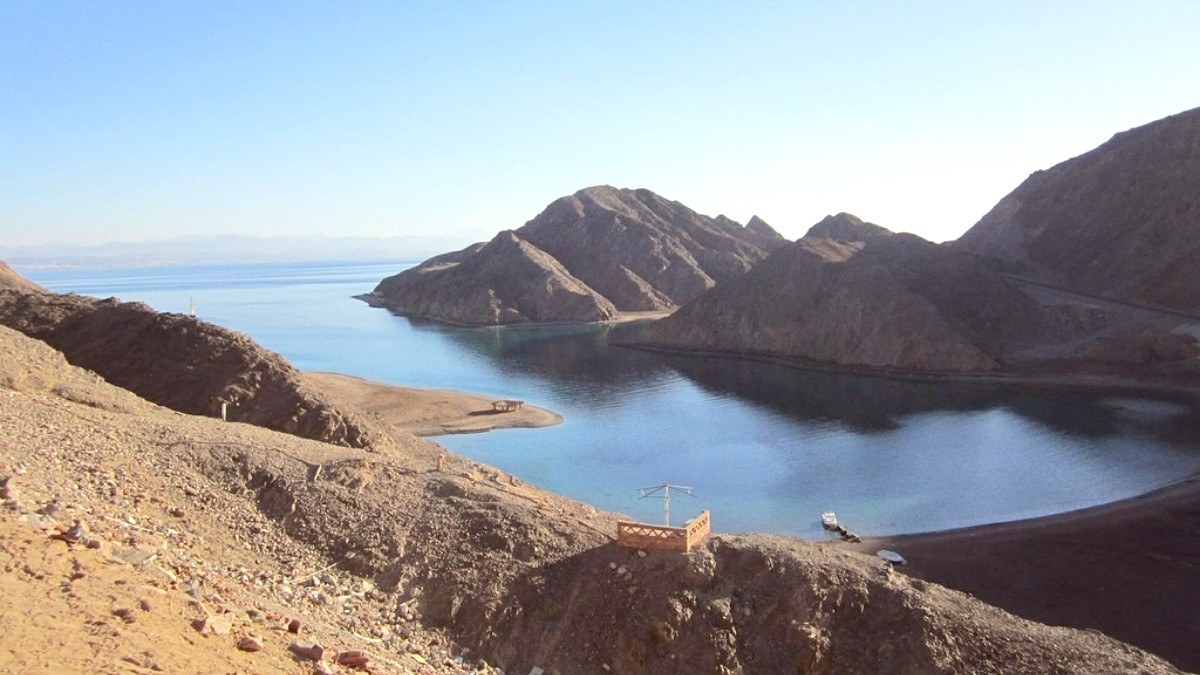
Sinai, Egypt
Ras Abu Galum Protectorate is a designated protected area north of Dahab. It has strict rules to preserve its coral reefs and desert environment. Respect all regulations within such areas.
Waste management infrastructure in Dahab is improving but not as comprehensive as in many Western countries. Recycling facilities are limited. Minimize waste, especially single-use plastics.
Egypt is a water-stressed country. Be mindful of your water usage during showers, while brushing teeth, and for laundry. Shorter showers and turning off the tap help conserve this precious resource.
The Red Sea and Sinai desert are fragile ecosystems that require careful stewardship.
When choosing accommodation, inquire about their environmental policies.
Look for dive centers certified by "Green Fins," an organization that promotes environmentally friendly diving practices.
Consider balancing the carbon emissions from your flights through reputable carbon offset programs.
Tourists are strongly encouraged to minimize their waste, specifically single-use plastics.
Support local conservation efforts and adhere to guidelines in protected areas like Ras Abu Galum.
Reduce waste, conserve water, and consider carbon offsetting to lessen environmental impact.
Your choices as a traveler can influence the local community directly.
Support local initiatives that foster Bedouin heritage, traditional crafts, and cultural exchange in a responsible way.
Dress modestly, especially outside the direct tourist zones and when interacting with locals.
Always prioritize respect for local people's privacy.
Refrain from intrusive photography, especially in residential areas or where privacy is expected.
If someone indicates discomfort or refusal, respect their decision immediately.
Understand that some individuals may not wish to be photographed due to cultural or religious reasons.
Engaging respectfully with local customs enriches your travel experience and fosters positive relationships with the community.
Ensure your travel benefits the local community directly.
Seek out tours and experiences offered directly by local Bedouin communities.
Purchase handicrafts and souvenirs directly from local artisans or small, family-run shops.
Choose local guesthouses, restaurants, and dive centers over large international chains where possible.
Be discerning about animal-related activities and charitable giving.
Your financial decisions can have a positive ripple effect.
Spending at local establishments strengthens the community's economy.
Opting for fair trade and ethical purchases supports local producers and artists.
Charitable contributions are most effective through verified local organizations.
Avoid any activities that compromise animal welfare or involve child labor. Choose reputable channels for charitable giving.
Make those contributions thoughtfully.